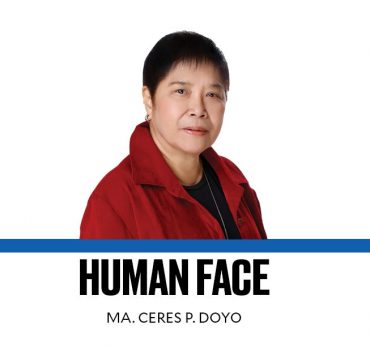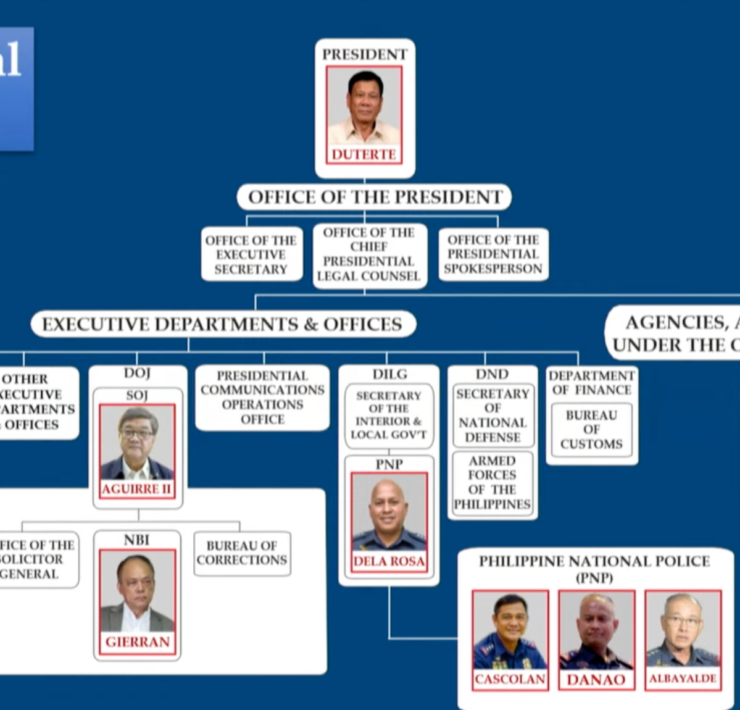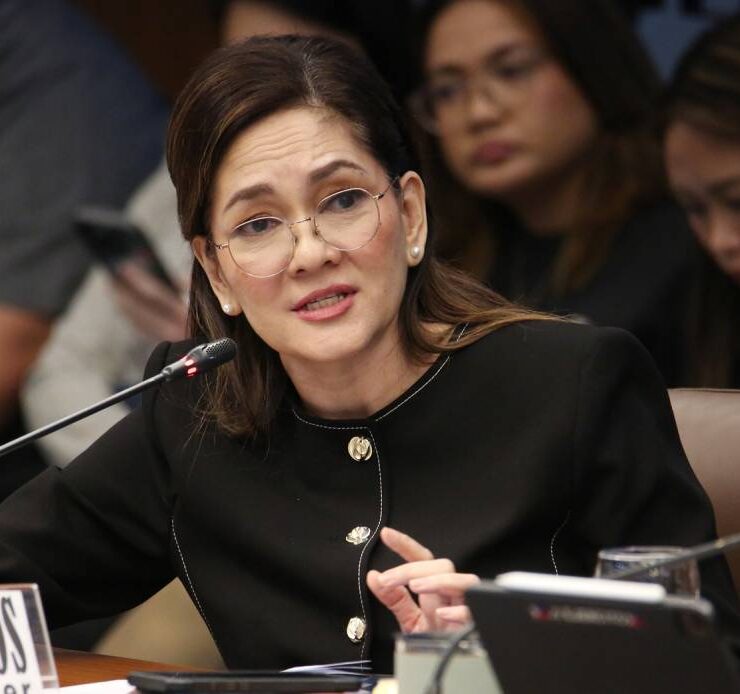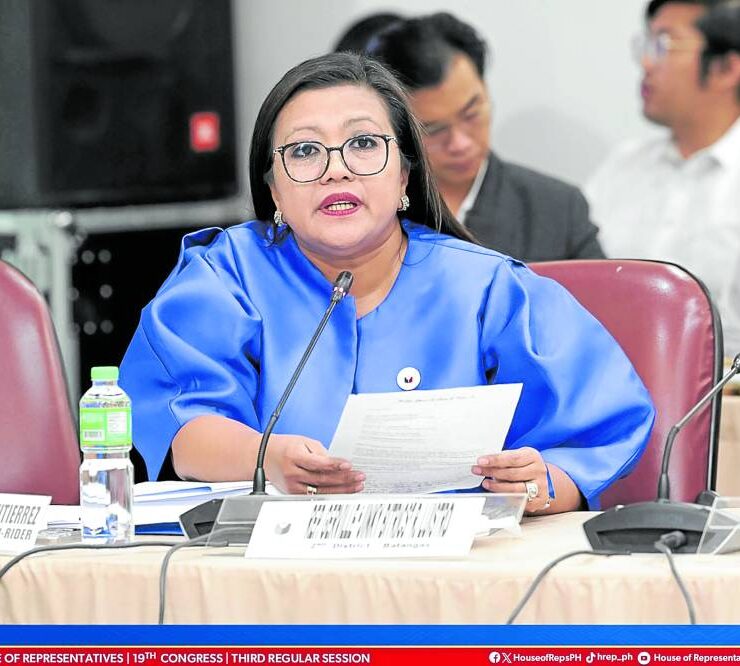Atom calls on more schools to cancel classes for ‘Edsa’
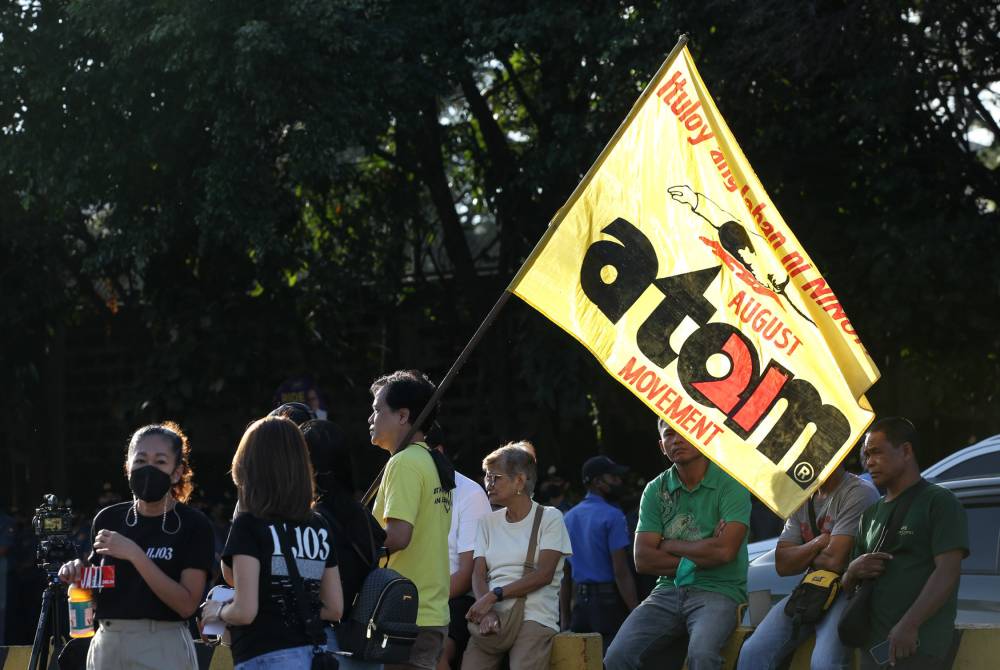
- Remember Edsa! That’s the call of the August Twenty-One Movement as it urged more schools to cancel classes on Feb. 25, thus “defying the special working holiday declaration of Malacañang for that day.”
- Under the order, Feb. 25 was declared a special working holiday, which critics saw as a move to downplay its historical significance. The bloodless revolution that brought 2 million civilians to Edsa inspired anti-authoritarian activists around the world.
- Top schools like the De La Salle University, University of Santo Tomas, and, most recently, Adamson University, have all canceled classes. The University of the Philippines (UP) in Diliman will hold an “alternative learning day,” while the chancellors of other UP campuses will decide on “suitable work and class arrangements” to commemorate the anniversary.
The August Twenty-One Movement (Atom), which was formed in condemnation of Benigno “Ninoy” Aquino Jr.’s murder in 1983, is urging more schools to cancel work and classes on Feb. 25, the 39th anniversary of the 1986 Edsa People Power Revolution.
In a statement on Thursday, the group heaped praise on schools that had already canceled work and classes, for “practically defying the ‘special working holiday’ declaration of Malacañang for that day.”
“We raise a glass to all the schools now declaring February 25 as ‘no work, no classes’ … ’ Because they have shown once again that we should not just accept things as they are. Edsa taught us that,” it said.
Last year, President Marcos issued Proclamation No. 727 declaring regular holidays and special nonworking days this year.
Under the order, Feb. 25 was declared a special working holiday, which critics saw as a move to downplay its historical significance since it marks the day when the late former President Ferdinand Marcos Sr., Mr. Marcos’ father, was kicked out of power. The bloodless revolution that brought 2 million civilians to Edsa inspired anti-authoritarian activists around the world.
The Edsa anniversary was a school holiday during the term of President Benigno Aquino III, under Proclamation No. 295 issued in 2011, and during the term of President Gloria Macapagal-Arroyo, under Proclamation No. 1841 that was issued in 2009.
Universities in solidarity
De La Salle University, University of Santo Tomas, and, most recently, Adamson University, have all canceled classes.
“Feb. 25 is a day of freedom from the abuses of the Marcos dictatorship. We resist any attempt to diminish its significance or to change this narrative for present political gains,” Adamson said in a statement on Wednesday.
The University of the Philippines (UP) in Diliman will hold an “alternative learning day,” while the chancellors of other UP campuses will decide on “suitable work and class arrangements” to commemorate the anniversary. UP’s Cebu campus earlier announced that it would cancel classes.
Networks of schools, such as the Edsor consortium composed of Immaculate Conception Academy, La Salle Green Hills, Saint Pedro Poveda College and Xavier School, all located in the Edsa-Ortigas Avenue area, have made similar announcments. Same with the Congregatio Immaculati Cordis Mariae-Philippines Schools Network, composed of Maryhill School of Theology, Saint Louis College-Cebu, Saint Louis College-San Fernando City, Saint Louis University, Saint Mary’s University and University of Saint Louis.
Democratic principles
Atom called on more schools to follow suit and continue teaching students the ideals of people power that “brought so much pride to […] Filipinos around the world.”
It said the Edsa revolution, “while largely about removing a dictator,” was at its core about the principles of democracy.
“These principles guarantee every Filipino has the right to speak freely, vote and participate in the decisions that shape their lives. Yet, despite the progress we’ve made, we are still grappling with challenges that prevent us from becoming the prosperous, just society we know we can be,” it said.
Political dynasties, rampant corruption, historical revisionism, poverty and inequality remain among the toughest challenges faced by Filipinos, it added.
“Let’s not forget the courage of those who fought for our freedom at Edsa, and be reminded that it is now our turn. Let us not only look back with pride but also with a renewed sense of responsibility. Because we should never again be silent,” it said.
Atom was founded by the late former Sen. Agapito “Butz” Aquino days after his brother, Ninoy, was assassinated on Aug. 21, 1983.
Volt Bohol, Atom’s current president, said it was one of the first organizations to go to Edsa in 1986.
Other prominent Atom members currently active include historian Xiao Chua and Butz Aquino’s grandson, Emilio.














